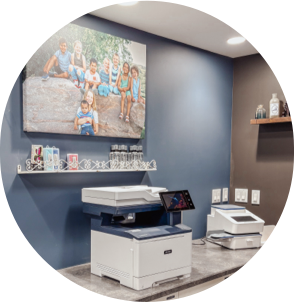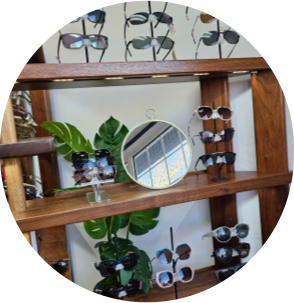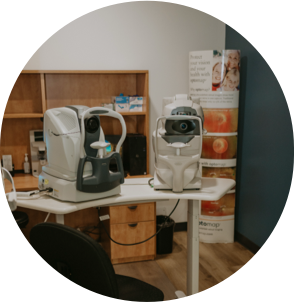It’s best to play it safe when it comes to your eyes. You should have your eyes examined regularly and take proper care of the prescription glasses or contact lenses that your eye doctor prescribes.
If you’ve ever looked at the box your contacts came in, you might have noticed an expiration date on the side. Hopefully, that deadline hasn’t passed. But what happens if it does? Can you continue to wear your contact lenses?
Some people believe that the expiration date on their contact lenses isn’t as important as the one on their milk bottle. Because contact lenses may not look bad, you may not realize the importance of their expiry date.
Contact lenses do expire, and the expiry date matters for a variety of reasons.
Why Do Contact Lenses Expire?
Every contact lens has an expiration date, whether or not you’ve opened their packaging. In terms of length of wear, some are made to last a year, while others are only meant to be worn for 2 weeks or as little as one day. Eye care experts strongly advise using contacts before their expiration dates.
Bacteria Buildup on Your Lenses
One of the reasons your contact lenses are only supposed to be worn for their specified duration is to prevent bacteria from growing on your lenses. Contact lenses can absorb bacteria, dust, and allergens like a sponge. This bacteria can multiply and could cause infection
Your Prescription Can Change
Contact lens prescriptions, like contact lenses, have an expiration date. Your prescription is only valid for a set length of time; after that, you’ll need to have another eye exam so your eye doctor can write you an updated prescription.
Wearing an outdated contact lens prescription can result in blurry vision or headaches.
Your Eyes Need Oxygen
As contact lenses age, they can become less oxygen-permeable, making it more difficult for oxygen to reach your eye. If your eyes don’t get enough oxygen they can become swollen, red, and irritated.
Can You Wear Expired Contact Lenses?
There are several dangers associated with wearing expired contact lenses. Improper lens hygiene and disregarding replacement schedules are 2 of the leading causes of contact lens-related eye infections.
As a result, wearing expired lenses should be avoided. The contents of the packaging, the lenses and the saline solution, can become compromised and contaminated as the packaging ages and deteriorates.
The following symptoms can be associated with an eye infection:
- Partial or total loss of vision
- Sensitivity to light
- Scarring
- Inflammation and red eyes
- Moderate to severe eye discomfort
To avoid potential eye problems, always check and adhere to the expiration date of your contact lenses. Even unopened contact lenses that have expired can accumulate deposits and become unsafe to wear.
According to the CDC, approximately 99% of contact lens wearers report at least one contact lens hygiene behaviour that increases their risk of eye infection or inflammation. If you suspect you have an eye problem or infection of any kind, contact your eye care professional right away.
What to Do If You’ve Been Wearing Expired Contact Lenses
Did you unknowingly wear expired contact lenses?
Simply take them out and throw them away as soon as you notice. If your eyes feel different or uncomfortable, contact your optometrist as soon as possible to schedule an eye exam.
Can You Use Expired Contact Lens Solution?
Contact lens solutions have a shelf life. When your solution expires, the acidity (pH) of the solution can change and it could lose its disinfecting power. In the worst-case scenario, it could be contaminated with bacteria, putting your eyes at risk.
Because of this, you shouldn’t use any expired contact lens solution.
Use Your Lenses Properly for Your Eye Health
Adhering to proper contact lens use is the best way to avoid complications, such as infections caused by your contact lenses.
Follow these general guidelines, but always seek the advice and recommendations of your optometrist.
- Use the lens cleaning solution recommended by your optometrist.
- Clean lenses in disinfectant solution (if applicable).
- When your contacts get dry, use appropriate rewetting drops.
- Wash your hands before removing or putting in your contact lenses.
- Wear your contact lenses only for the time period prescribed by your eye doctor.
- Don’t sleep or nap in your contact lenses unless approved by your eye doctor.
- Get regular eye exams to ensure your prescription is accurately helping your vision.
Getting Proper Contact Lens Care
Your optometrist can prescribe the best possible contact lenses for your eyes and help you understand the hygiene and care needed to help keep your eyes healthy. If you have any questions about your contact lenses or how to best care for them, talk to the professionals at Prairie Vision or book an appointment with us today.













